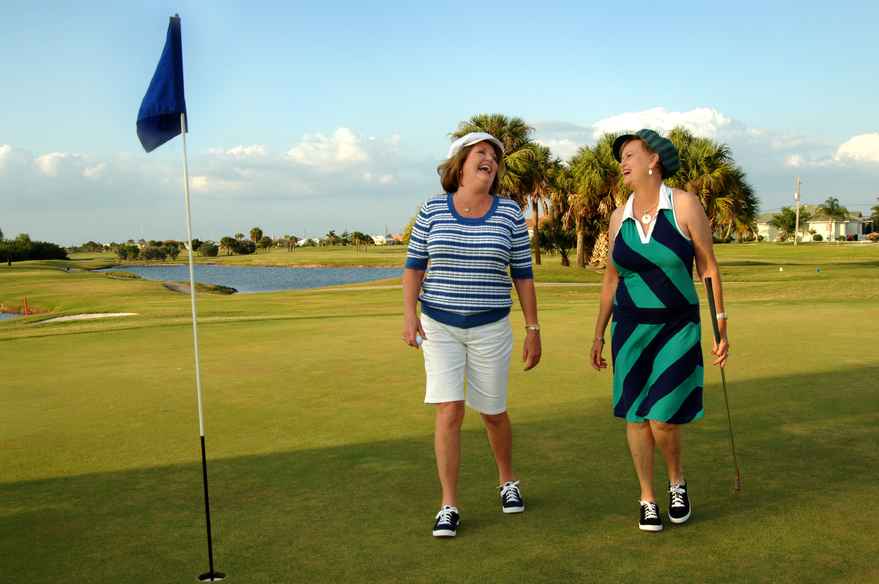Want more purpose?

In recent emails, you read that research shows people who score low on ‘purpose in life’ tests are at higher risk for cognitive decline & dementia. Clearly, we all want to feel a strong ‘purpose in life’!
Several of you sent reply emails, asking: What is 'purpose in life'? Where can I find it?
Here below are two recent research papers that offer clues for finding more 'purpose in life'. These studies involved several hundred research participants, so they could be relevant for you too.
(Note: In these various studies, 'purpose in life' was measured by asking participants questions from the Psychological Well-Being Scales -- the same test questions that were used to evaluate 'purpose in life' in the other studies that showed cognitive decline & dementia are connected to low 'purpose in life'.)
A 2020 research paper in Psychology and Aging showed that participating in ‘leisure activities’ helped people test higher for ‘purpose in life’.
This is especially important for retired people who risk losing much of their ‘purpose in life’ after they leave the workplace. 'Purpose in life' scores typically decline after retirement.
In this paper, research showed that people who were more involved in ‘leisure activities’, scored higher on ‘purpose in life’ tests. And the most active participants exhibited less decline in purpose over time.
’Leisure activities’ are defined very broadly in this research. Basically, a ‘leisure activity’ is a particular activity that someone enjoys or finds meaningful, and they choose to do it repeatedly. In other words, they care about doing something and they do it often!
For example:
‘Cognitive’ activities — reading/studying a particular topic, writing, word games, educational or training activities.
'Artistic' activities -- projects or training in the arts
‘Physical’ activities — sports or exercising, walking, gardening, home repair.
‘Social’ activities — attending social or other club activities, involvement in organized events such as political, community, or other interest groups.
‘Supportive’ activities — volunteer or community work, caring for others who are sick or disabled.
This research shows that people who regularly engage in such ‘leisure activities’ score higher on ‘purpose in life’ tests. This means it's likely such activities support brain health!
Here’s a 2022 study from The American Journal of Geriatric Psychiatry. It showed that positive social interactions increase people’s feeling of 'purpose in life' — especially in later years.
A hundred adults (average age 71) participated in three, 15-day study periods.
During each 15-day period, they were asked 3 times daily to rate the quality of their social interactions that day. Then in the evening, they were asked to use a scale of one to five to answer the question: “How much do you think your life had a purpose today?”
Researchers found that the more people experienced positive social interactions during the day, the more they reported feeling purposeful in the evening. The quality of their daily social interactions affected their sense of purpose more than any other variable that researchers measured.
That study’s lead researcher, Gabrielle Pfund, commented:
“Although some people do tend to be generally more or less purposeful overall, we found purpose can change from day to day. Everyone was experiencing fluctuations relative to their own averages."
"For everyone, but specifically for our retired older adults, the people in their lives really matter," Pfund said. "The people in your life are going to have a very, very big impact on that."
"If you find yourself surrounded by people who bring you down ... that's going to have an impact."
"On the flip side, if you're surrounded by people who lift you up and who infuse your life with positivity, that's going to have an impact, too."
And that, she said, was good news.
"If you're feeling like your life has no purpose, that's not how it's always going to be. That's not your life. That can change."
[excerpt from Medical Xpress 2022.07]
Summary: This research suggests you’ll experience more 'purpose in life' if you engage in plenty of meaningful ‘leisure activity’, and you're in frequent contact with people you like and who you feel are 'positive'.
Reminder: Research shows that people who test for more ‘purpose in life’ are less likely to develop cognitive decline and dementia.

